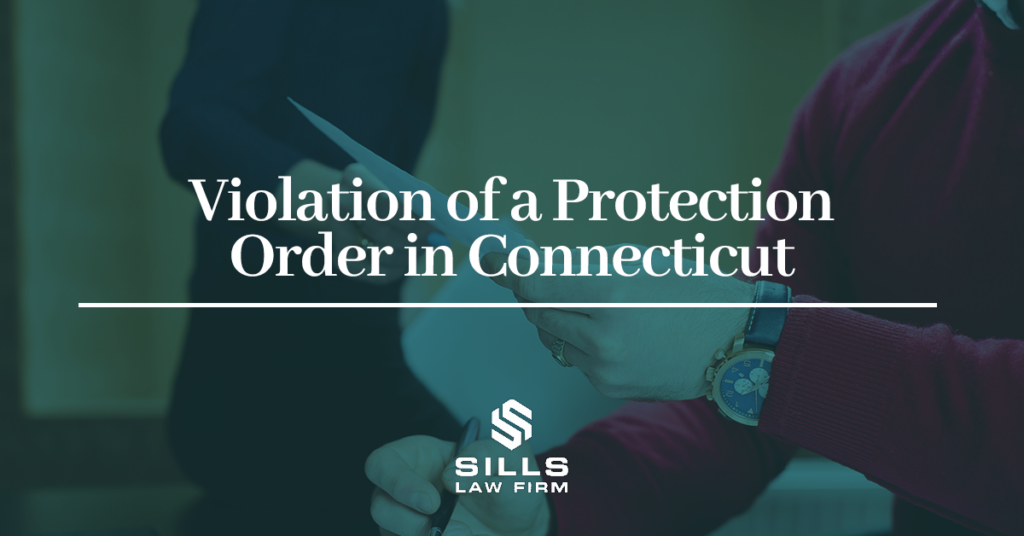After you are arrested for driving under the influence, there are two scenarios that generally occur. If you refuse to take a blood, breath, or urine test to determine your blood alcohol content (BAC) level, your license will be automatically revoked for 24 hours and a report will be submitted to the DMV, including documentation of your refusal. If you do comply with law enforcement and complete a chemical test, your sample will be sent to a lab for analysis and a report will be sent to the DMV as soon as results are received indicating a high BAC.
Who Is Entitled to a DMV Hearing?
Individuals in the aftermath of either scenario have the right to a DMV hearing. Per Connecticut DUI Law, in Connecticut General Statue § 14-227b, a hearing for an individual with no previous DUI suspension or involvement in a fatal car accident “must occur before the suspension goes into effect, provided the person contacts DMV no later than seven days after DMV mails the suspension notice.” However, for someone who has previously been penalized with DUI suspensions or involved in a DUI-related fatal car accident, “the hearing can occur after the suspension, but not more than 30 days after the person contacts DMV to schedule a hearing. He or she must request the hearing no later than seven days after DMV mails the suspension notice.”
How Do I Request a DMV Hearing in Connecticut?
According to the Connecticut Department of Motor Vehicles, “a notice of suspension will be mailed to the address of record allowing you seven days to request a hearing. If you wish to request a hearing, call the Administrative Per Se Unit at 860-263-5204 (8:30 a.m. to 4:30 p.m. Monday through Friday) before the deadline stated on your suspension notice.” It is imperative that you request a hearing within the allotted time frame. If you do not, suspensions will immediately go into effect.
What Happens at a DMV Hearing?
In a DMV hearing, the primary issue at hand is whether or not the defendant’s driver’s license will be suspended. The details of your detention and interactions with police will also be reviewed, including your arrest, whether or not members of law enforcement had probable cause for arrest, your refusal or participation in chemical tests, and whether or not you were driving. Though the DMV does not have the authority to levy fines or charge you with a crime, it can revoke your driving privileges, which can greatly complicate your everyday life.
This is why it is critical to have a knowledgeable, experienced legal team behind you. In fact, when it comes to DMV hearings, you will not be required to testify or engage in any discussion of your arrest, chemical test results, etc. The team at The Sills Law Firm, goes to bat on your behalf in order to simplify the process and minimize strain on our clients. To get started with us, set up your free consult or call (860) 524-8118 today.






